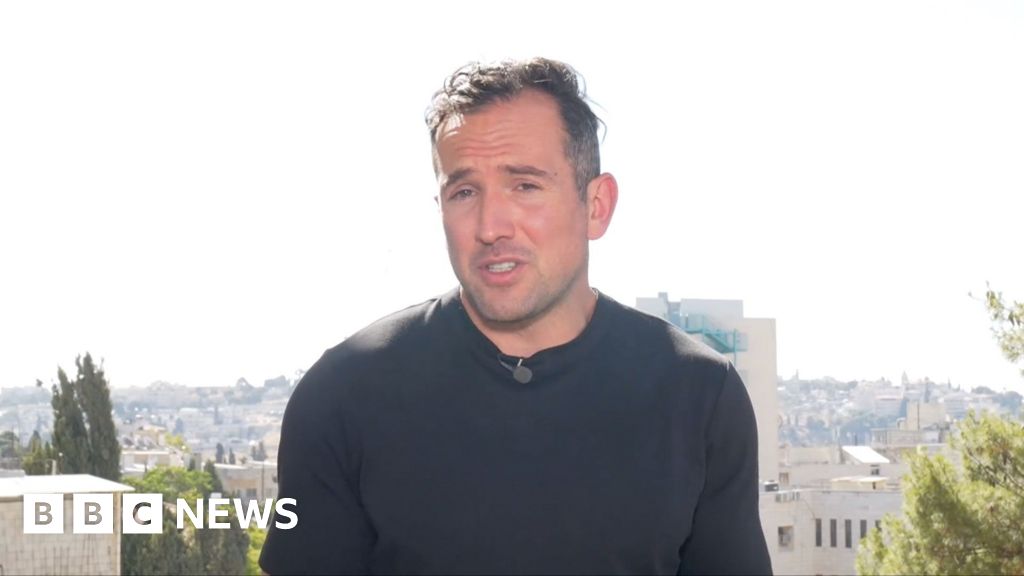If you want to beat burnout, start counting your wins

When our son was 2 years old, our twins were born. That meant that for a while, we had three kids under 3 years old (and then three kids under 4, and then three under 5). At the time, I was also working at a high-stress job as a Justice Department attorney, with not enough support at home or at work.
Perhaps I began to get depressed, but it would be more accurate to say I was moving too fast even to know how I felt. Mostly, I was like a hamster on a wheel: sprinting as fast as I could just to stay in place. My days blurred together in an endless loop of emails, laundry, preschool drop-offs, spit-up, 2 a.m. feedings, and briefing political appointees.
I knew something had to change, but the entire concept of “self-care” seemed completely inaccessible. A spin class? A pedicure? Even a massage? You might as well have told me to hike to the moon. Fortunately, I hit upon a quick, free, low-effort practice that helped me begin to find my way back to myself: I started to count my wins.
Every night before I went to sleep, I would list three things I did well that day. They weren’t huge accomplishments, I promise. Sometimes, they were things like, “I got Henry to eat a green bean today.”
But over time, something pretty incredible started to happen. Instead of feeling like a hamster on a wheel, running so fast and getting nowhere, I began to notice that I was actually getting somewhere. That email I spent two weeks on actually did go out, and it was pretty good if I do say so myself. I remembered to call my friend on her birthday. I made the vacation rental reservation. My life wasn’t just an endless to-do list. There were lots and lots of things I was accomplishing all the time.
The power of small wins
Here’s what I know: we are excellent at identifying what we haven’t done. I bet you could list 10 unfinished tasks right now off the top of your head. But what about something you accomplished this week? Can you name even one?
Our constant cataloguing of tasks and reminders of where we’ve fallen short starts to chip away at us. Merely thinking about our to-do lists creates anticipatory stress and fatigue, depleting our energy and creating overwhelm. When I forced myself to list the things I had accomplished, I was able to shift my focus away from all the things I was failing to achieve, and instead to notice all that I was.
How to Start Counting Your Wins
- Make it a habit. Each night before bed, I’d name three things I did well that day. It’s helpful to connect it to something that you’re already doing, so you might try it on your commute, or while brushing your teeth. Daily is ideal, but weekly works, too.
- Be specific. “I was a good manager” is fine. “I supported Alex through a tough client call” is better. Specificity helps your brain register and remember the success.
- Define your own wins. Wins don’t have to be big. They just have to matter to you. A win could be leading a meeting well or setting a boundary with a relative or remembering to bring your lunch. You get to define what counts.
- Check in with yourself. Set a calendar notice for three weeks after you’ve started counting your wins to ask yourself if you’re seeing any difference in your patience or energy level. Are you a little easier on yourself? Are you finding it easier to identify wins? That reflection can motivate you to keep up the practice.
It’s so easy to lose sight of our progress. Counting your wins is a simple but powerful tool to reclaim that perspective. It doesn’t require a lot of time or a major life overhaul, just a brief pause to recognize all that you are accomplishing. That moment of reflection can help you sustain momentum, rebuild resilience, and reconnect with a sense of purpose. In a world that often measures us by what’s next, this practice reminds us: what you’ve already done counts, too.
What's Your Reaction?
 Like
0
Like
0
 Dislike
0
Dislike
0
 Love
0
Love
0
 Funny
0
Funny
0
 Angry
0
Angry
0
 Sad
0
Sad
0
 Wow
0
Wow
0




























































































